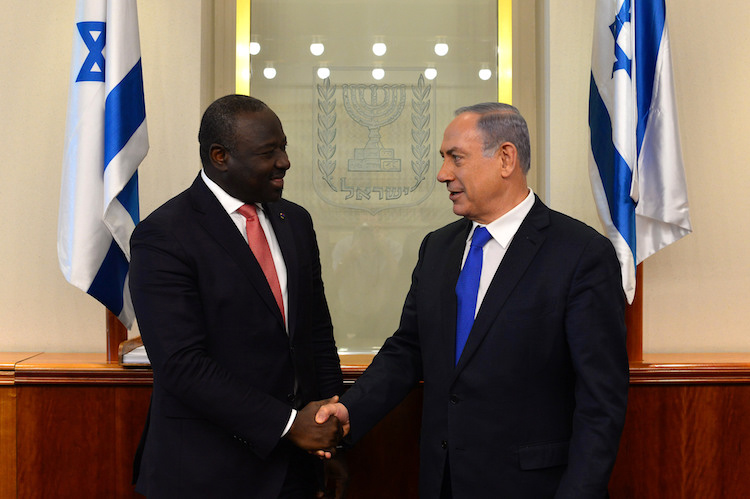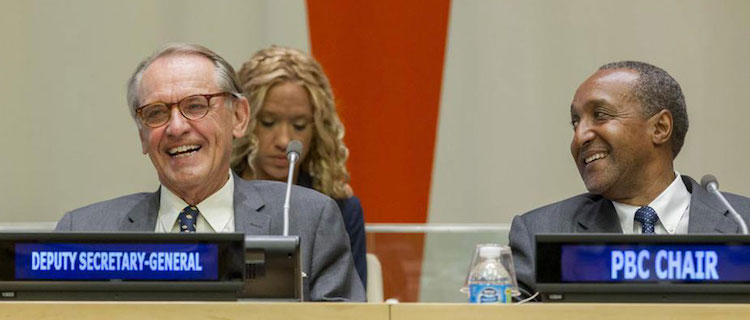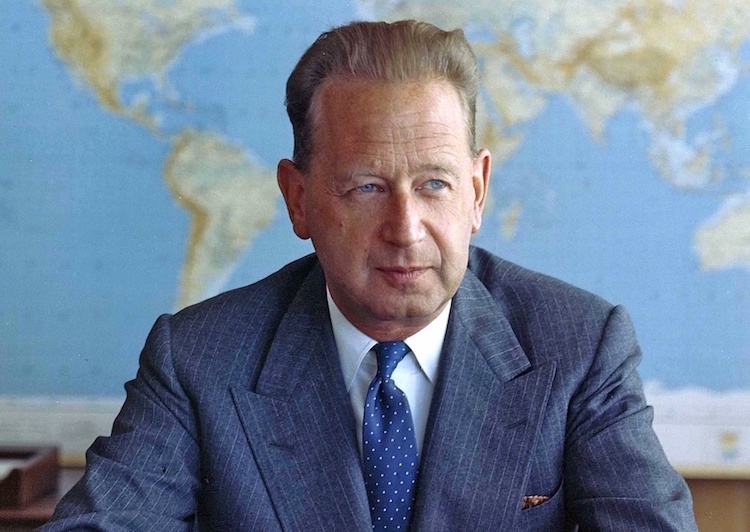Analysis by Rodney Reynolds
UNITED NATIONS (IDN) – There has been widespread speculation – both inside and outside the United Nations — that Israel may be toying with the idea of ratifying the Comprehensive Nuclear-Test-Ban Treaty (CTBT), perhaps within the next five years.
But is this in the realm of political reality or nuclear fantasy?
The speculation was triggered following a three-day visit to Israel by Dr Lassina Zerbo, Executive Secretary of the Comprehensive Nuclear-Test-Ban Treaty Organization (CTBTO), who met with Israeli Prime Minister Benjamin Netanyahu on June 20.
Striking a note of optimism about the possible ratification of the treaty by Israel, he told the Jerusalem Post: “It is not a matter of if, but when.”









